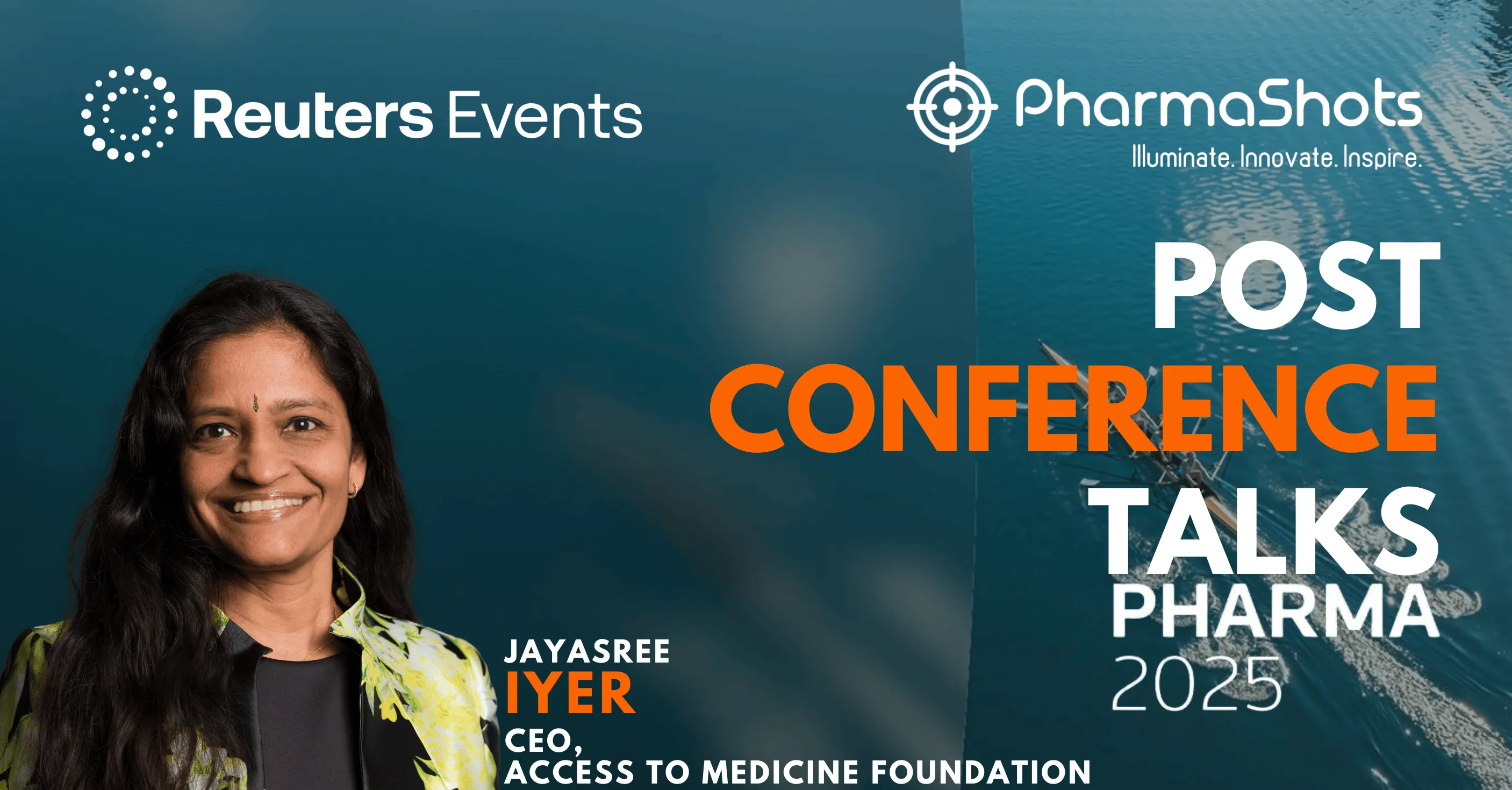
Mastering a Changing Landscape: How to Stay Current with Healthcare Industry Changes
The healthcare industry is constantly changing, with new technologies, regulations, policies, and best practices emerging daily. Therefore, healthcare professionals need to stay up to date and informed to provide quality care, improve their skills, and advance their careers. Staying current with industry changes — and mastering a constantly changing healthcare landscape — is paramount across all levels of healthcare, but especially, for healthcare leaders such as those who have completed doctor of nursing practice online programs.
In this article, we will discuss some of the most critical steps healthcare professionals must take to stay updated on continually evolving industry developments.
Staying Up-to-Date with Industry Research Findings
To stay current with continual advancements in the medical field, healthcare professionals should endeavor to undertake regular research into emerging industry developments. Of course, when doing this type of research, it’s imperative that we use credible, trustworthy, and authoritative sources. Some of the types of information sources healthcare professionals can call upon to educate themselves on pertinent, topical, and developing issues in the medical field include, for example, academic journals that outline the findings of reliable and trusted clinical research studies.
An important element of this kind of self-education and research is for the healthcare professional to also work on improving their health literacy. This includes not only educating themselves on where and how to locate credible information sources but also, being able to identify which sources can be trusted.
Pursuing Further Education and Continual Development
Lifelong learning. Continual personal and professional development. Further education and higher qualifications. These are all central elements of not only keeping up-to-date with healthcare industry advancements but also, staying ahead of the curve of these developments.
So how do you keep learning as a healthcare professional? You may wish to consider pursuing an advanced specialization, a higher certification, or a postgraduate degree in your field. Nursing practitioners in particular have a wide array of advanced study specializations to choose from; for example, gerontology nursing, oncology nursing, neonatal and women’s health nursing, forensic nursing, substance addiction and rehabilitation nursing, and also, mental health nursing, just to name a few.
As well as attaining higher qualifications within their field, healthcare professionals can also stay relevant, competitive, and up-to-date with advances in the healthcare industry by attending workshops, conferences, and seminars. A bonus of attending these types of events? They also allow for the ideal opportunity for medical practitioners to network, collaborate, and connect with other healthcare industry professionals.
Engaging in Professional Networking
Another excellent way for healthcare practitioners to learn more about emerging issues, developments, and advancements in their industry is to engage in professional networking. So, how to network most effectively? Many voices of authority on the matter suggest that effective networking takes several steps, for instance;
Preparing a Personal Elevator Pitch
Personal branding — it’s networking 101. For the best results, this requires you to prepare a personal summary — an elevator pitch, if you will — highlighting your unique attributes, professional skills, and your achievements to date.
Research Promising Connections Before the Event
Before you attend a professional networking event, be sure to do your research into who else may be attending. Doing so will help you to identify any professional connections of interest that you’d like to touch base with. It will also enable you to ascertain how best to approach a conversation with said contacts.
Arming Yourself With Conversation Starters
The art of conversation. It’s a great skill to have — both in our personal lives and, perhaps even more importantly, in professional contexts. If making small talk doesn’t come naturally to you, however, it’s best to prepare some conversation starters that will help you break the ice and initiate contact. When researching industry peers, focus on what they have accomplished both personally and professionally, as well as the particular topics that are most of interest to them.
When ensuring they stay current with healthcare industry changes and developments, there are several tactics medical professionals must call upon.
As discussed today, some of these strategies include pursuing further education and advanced specializations, undertaking research into clinical studies via reputable academic journals, and finally, networking with other healthcare industry professionals.
Related Post: Finding the Perfect Branding Partner for Your Biopharma Company
Tags

Dr. Fatima is a licensed pharmacist utilizing her skills as a guest medical content writer at PharmaShots. With a passion for translating complex medical advancements into clear, accessible content, she crafts engaging articles that unveil the latest breakthroughs in healthcare and technology.














